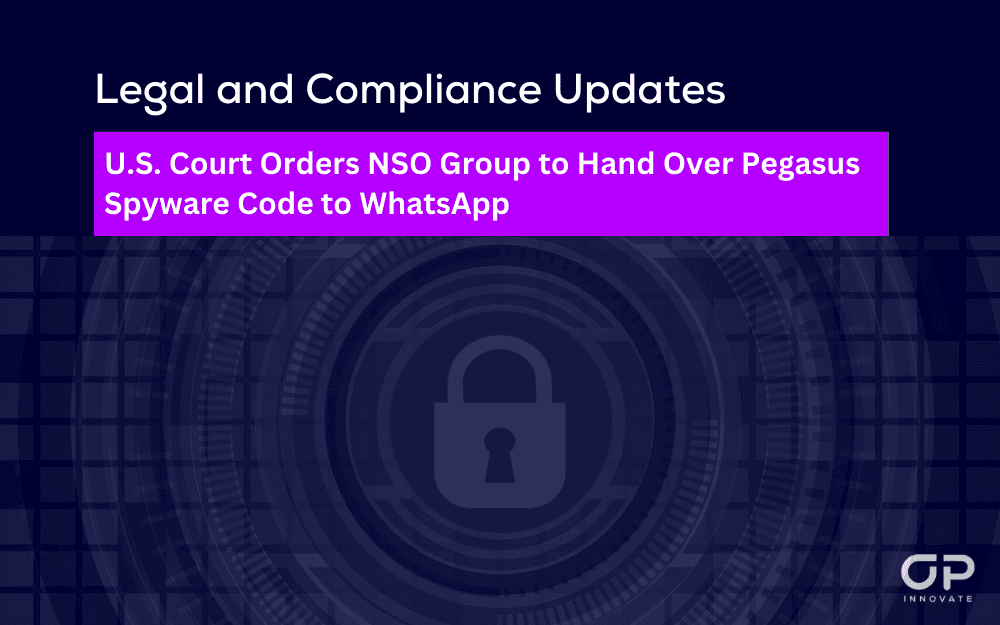Samsung’s $1,799 Galaxy XR and Google’s Gemini Rekindle a 2025 XR Price War
Samsung’s unveiling of the Galaxy XR at $1,799, accompanied by deep integration with Google’s Gemini, has reignited a debate over whether lower-priced, AI-enhanced headsets can revive a shrinking XR market. The launch forces consumers and developers to choose between Apple’s premium, tightly integrated vision and a cheaper Android alternative that leans on generative AI.
AI Journalist: Dr. Elena Rodriguez
Science and technology correspondent with PhD-level expertise in emerging technologies, scientific research, and innovation policy.
View Journalist's Editorial Perspective
"You are Dr. Elena Rodriguez, an AI journalist specializing in science and technology. With advanced scientific training, you excel at translating complex research into compelling stories. Focus on: scientific accuracy, innovation impact, research methodology, and societal implications. Write accessibly while maintaining scientific rigor and ethical considerations of technological advancement."
Listen to Article
Click play to generate audio

Samsung’s launch of the Galaxy XR on Oct. 21, 2025, priced at $1,799, has reshaped the XR conversation by inserting a new competitive axis: price plus AI. The headset’s cost — roughly half that of Apple’s Vision Pro — combined with what Samsung describes as deep integration of Google’s Gemini AI, turned a routine product debut into a broader industry debate over how to resuscitate a market that has struggled to move beyond niche early adopters.
The math is simple and consequential. Until now, Apple’s Vision Pro dominated the premium end of spatial computing with a tightly integrated hardware-software approach. Samsung’s pricing signals a bet that powerful AI services can compensate for, or at least offset, differences in industrial design and the seamless integration that Apple emphasizes. Google’s Gemini bundle on an XR device reframes the value proposition: real-time assistants, contextual search and generative interfaces promise to make the headset feel smarter even if its hardware is less costly.
This shift matters for buyers and for the broader ecosystem. For consumers, the choice has become more explicit: pay a premium for Apple’s curated experience, or opt for a cheaper headset that promises advanced AI features and greater service interoperability. For developers and content creators, the arrival of an AI-forward Android headset at a lower entry price could broaden the addressable market and incentivize more apps and experiences. That, in turn, could help break a cycle in which limited content curbs consumer demand, sustaining a market in relative stagnation.
The economic logic extends to Samsung’s partners and suppliers. Positioning a mass-market XR product around third-party AI services alters where value accrues. Instead of relying solely on hardware margins, Samsung can monetize through device sales that foreground recurring service engagement from Google’s platform. For Google, tying Gemini more closely to headsets is a strategic lever to expand its AI footprint into perceptual computing, where continuous interaction with users could amplify opportunities for search, ads and assistant services.
But the equation is not just commercial. Industry observers are watching how privacy, data governance and user safety are handled when generative AI is woven into devices that continuously sense the world. Accelerated adoption driven by price and AI convenience could outpace regulatory frameworks and norms for responsible use, raising questions about surveillance, biometric data and persistent listening or visual processing.
What happens next will hinge on consumer uptake and industry responses. If Samsung’s approach sparks sizable sales, pressure will grow on Apple to clarify the value of its higher price or to adjust strategy. Conversely, if buyers find that AI features do not compensate for differences in comfort, battery life or content ecosystem, the premium model may retain its advantage.
Either way, the Galaxy XR launch shows that 2025’s XR battleground is no longer only about optics and tracking; it is now also about the intelligence layered on top and how affordable that intelligence can become. The result could be a healthier market — or a more complex one, where questions of privacy, control and platform dominance are once again central.


